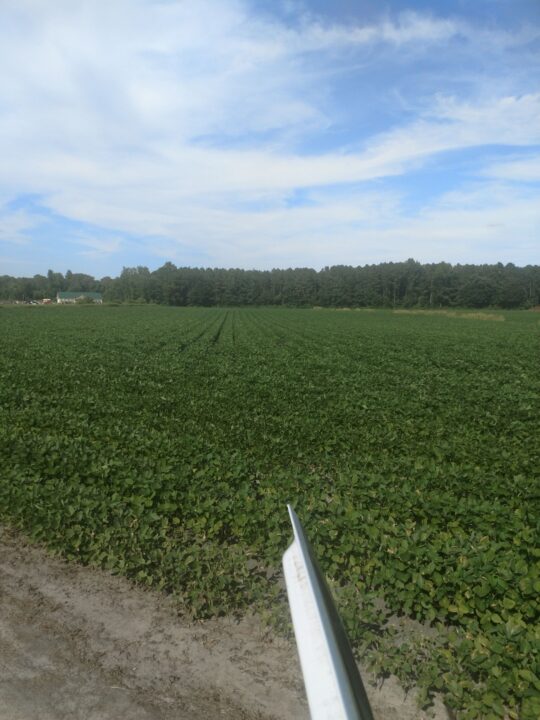Help Wanted from Tomato Taste Testers Around the World
Do you fancy yourself a tomato connoisseur? Perhaps you have a green thumb growing the fruiting vegetable? If so, the University of Florida tomato breeding team wants your help.
Folks from across the globe who grow tomatoes in their gardens can serve as citizen scientists and send flavor and growing data to the UF/IFAS lab led by Horticultural Sciences Professor Harry Klee. How? For a nominal donation to support the lab’s program, participants can receive packets of seeds to grow tomatoes in their home gardens. Then, they can share information with Klee.
And even though the new citizen science research project just launched, nearly 200 people (as of this posting) had paid $25 or more each to grow new, unreleased varieties of tomatoes in their yards, according to UF/IFAS.
Klee and his lab colleagues have successfully distributed varieties approved for release by UF/IFAS — including ‘Garden Gem’ and ‘Garden Treasure’ — since 2015. But this citizen science project is a whole new endeavor.
“We have always encouraged feedback from these gardeners, and the enthusiasm they have shown encouraged us to formalize the process” Klee says. “Although UF/IFAS has supported the distribution of our seeds for roughly five years, this is the first time that we have established a formal program to collect data from individuals throughout the world, involving them directly in selection of new garden tomato varieties.”
Donations provide support for further tomato research at UF/IFAS and help cover the cost of creating and mailing the seed packets, Klee adds.
“Our goal is to get feedback on the performance and consumer acceptability for varieties for as large a geographic region as possible. It goes way beyond Florida.”
UF/IFAS reports that Klee and the fellow tomato breeding scientists will develop a website to gather the data later in the growing season.
Click here for more information on the Klee Lab.









